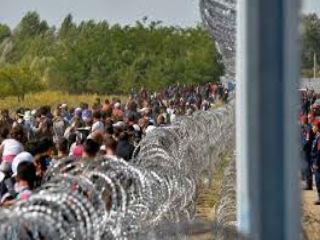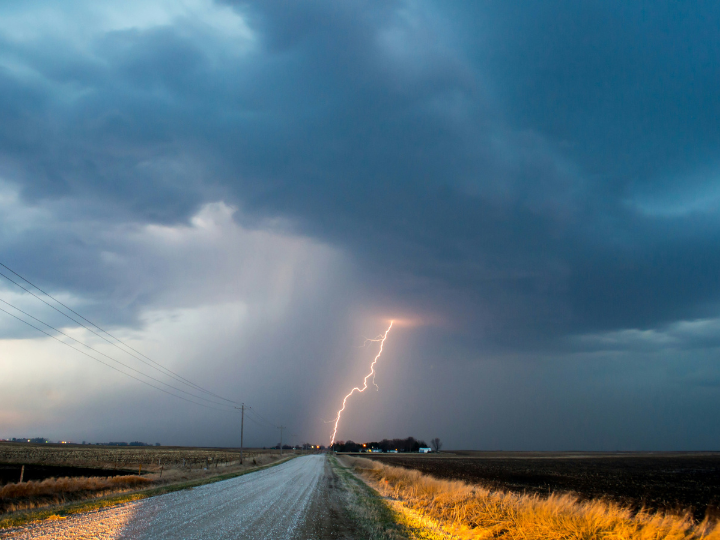by
Martin Banks
The report, released by the European Foundation for Democracy, calls for an improvement in the way in which such groups spend funds provided by national governments and the EU. It warns that concerns about the ways in which some NGOs interact with refugees currently should be a “red flag” alert to governments across Europe. This is one of the key recommendations of an extensive study by the European Foundation for Democracy into refugee integration policies in seven EU countries. The European Foundation for Democracy, a leading Brussels-based policy institute, conducted interviews with 245 people of whom 131 were refugees or asylum seekers, mostly from war-torn Syria.
The aim was to assess how well, or otherwise, EU member states were integrating the huge numbers of refugees who have fled to Europe in recent years, often from conflict zones. The study, which included interviews with government officials, academics and NGOs, looked in particular at the situation facing Syrian refugees in Europe. It looked at the years 2014-2016 when peak numbers of asylum seekers entered Europe.
Speaking at a media briefing in Brussels on Wednesday, John Duhig, a senior policy advisor at the European Foundation for Democracy, noted that the significant influx of asylum seekers in Europe since 2015 had created “significant capacity, logistical and other challenges” for governments across the Continent. He said the report shows that many countries were “unprepared” to handle the migrant influx, “even those with a long tradition of doing so.” Duhig added, “In spite of this, our research has also highlighted a significant number of good practices at work, including local and regional programmes to address specific problems.”
Marwa Farid, from the European Foundation for Democracy, said “When funding these NGOs and similar groups we need them to provide a clear-cut results framework. They should have to show how their funding is spent and how effective their services and programmes are. This is vitally important, not least because they are dealing with very vulnerable people.” Her colleague Tommaso Virgili, programme manager at the European Foundation for Democracy, endorsed her comments but added, “Of course, we must also stress that many NGOs working with refugees are very good and do fantastic work.”
The report provides numerous examples of such “good practices” including a mentoring programme in Belgium which places a refugee with a mentor who guides them through the administration, labour market and other integration processes and an Austrian scheme which helps refugees engage with local people. Other examples cited in the report “Refugees in Europe: Review of Integration Practices and Policies”, include a gender equality training programme for Afghan refugees in Belgium and, in Sweden, physical activities designed to “bring locals and refugees together.”
At the same time, the report raises the alarm about levels of harassment, violence and predation from extremists and all hues and colours that face some refugees who seek resettlement in European countries. The study focused on those EU countries with high numbers of refugees or which have experience of dealing with high numbers of refugees, including Sweden, which received 162, 877 asylum applications in 2015 and 28,939 in 2016; Belgium, which received 14,670 - a little over a third of 2015 figures; Austria, which received 42,073 applications, less than half that of 2015; Denmark, 6,055, less than a third of 2015 numbers; France 76,000, almost 10% more than in 2015; the Netherlands, 31,642, a little more than half of 2015 and Germany which, with 722,370 in 2016 alone, is easily the biggest recipient since the current refugee crisis began.
The authors say that many of the refugees they interviewed complained about other issues such as difficulties in having their educational qualifications recognised by national authorities. Another challenge cited in the report concerns a lack of awareness among government agencies working with refugees and asylum seekers of organisations which can exploit refugees’ needs and vulnerabilities.
Also speaking at the briefing was Yousef Wehbe, of the Syrian Centre for Media and Freedom of Expression in Germany, who, having been a refugee said he was personally aware of such issues himself having seen them at first hand.




 By: N. Peter Kramer
By: N. Peter Kramer
